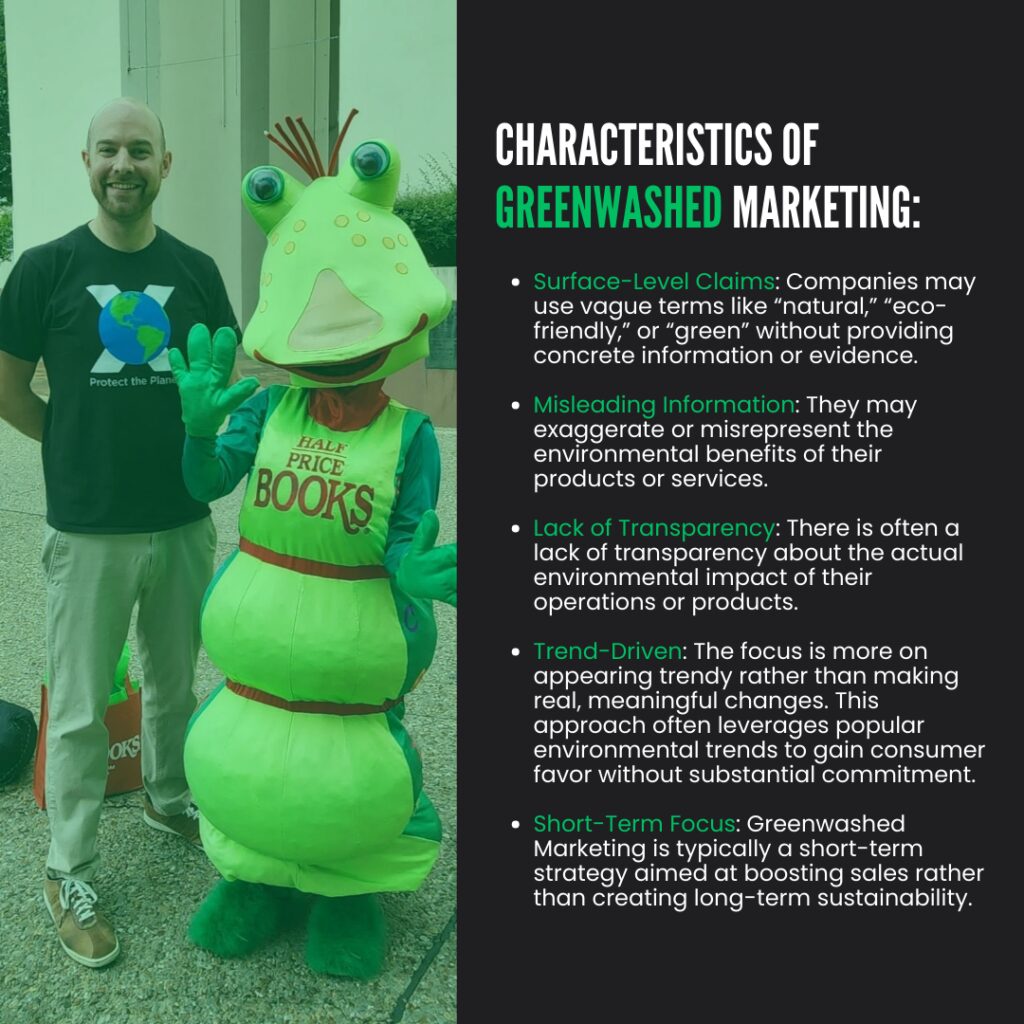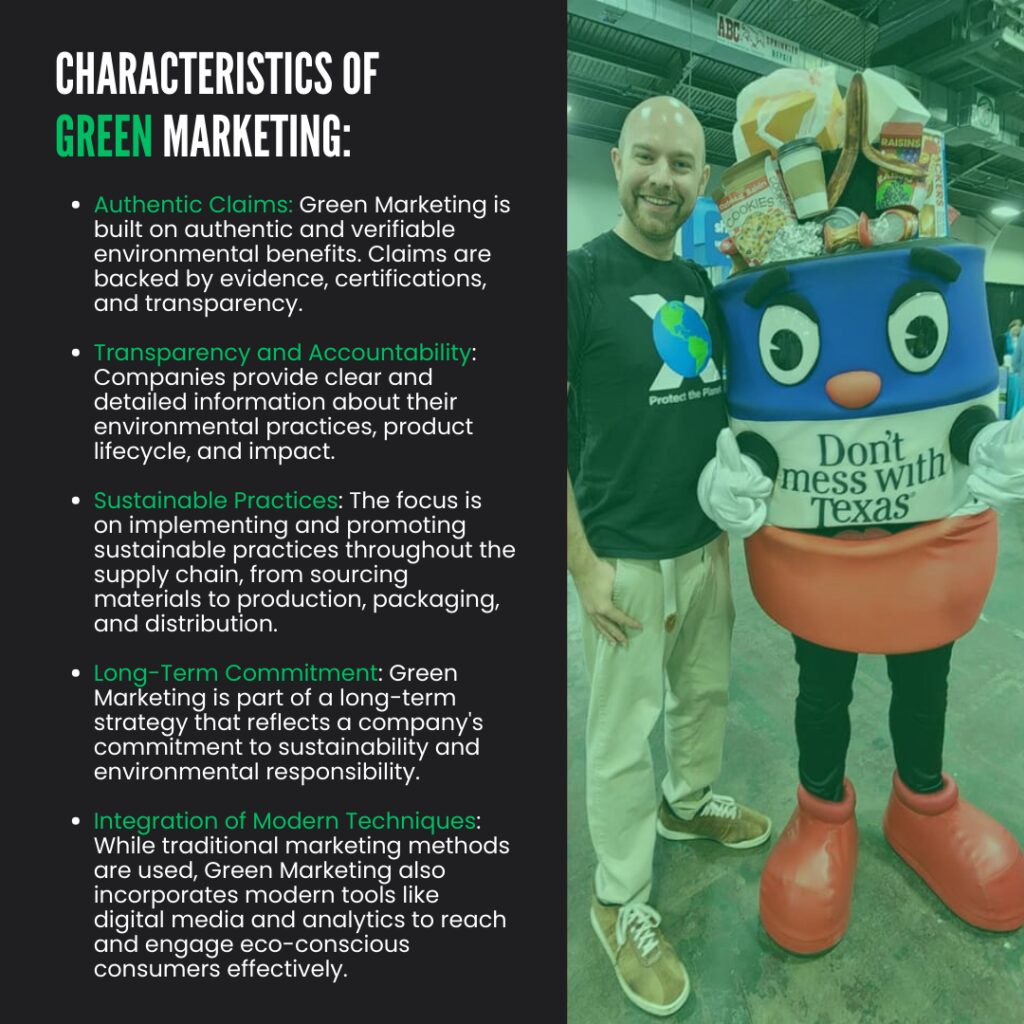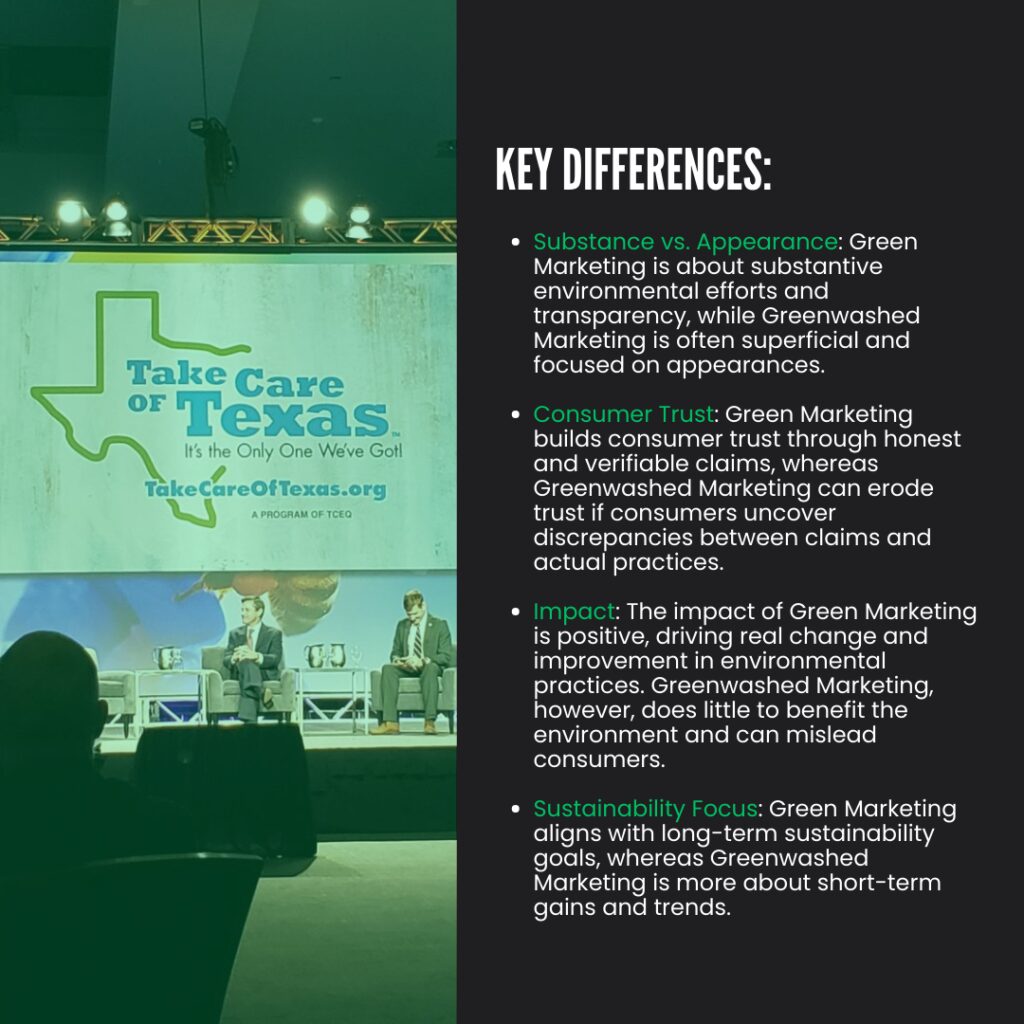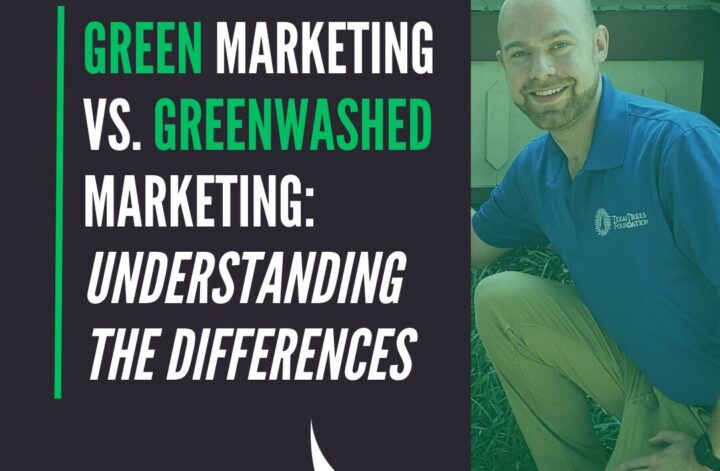In today’s eco-conscious world, businesses are increasingly using environmental claims to attract consumers. However, not all marketing strategies that highlight environmental benefits are created equal. Two terms often used in this context are “Greenwashed Marketing” and “Green Marketing.” While both involve environmental themes, they represent fundamentally different approaches. Here’s a closer look at the distinctions between these two concepts.
What is Greenwashed Marketing?
Greenwashed Marketing refers to the practice of making misleading or superficial environmental claims to appear eco-friendly without substantial actions to back them up. The term “greenwashing” is derived from “whitewashing,” which means to cover up undesirable facts. In the case of greenwashing, companies attempt to cover up their lack of genuine environmental efforts by using green rhetoric and imagery.
Characteristics of Greenwashed Marketing:
- Surface-Level Claims: Companies may use vague terms like “natural,” “eco-friendly,” or “green” without providing concrete information or evidence.
- Misleading Information: They may exaggerate or misrepresent the environmental benefits of their products or services.
- Lack of Transparency: There is often a lack of transparency about the actual environmental impact of their operations or products.
- Trend-Driven: The focus is more on appearing trendy rather than making real, meaningful changes. This approach often leverages popular environmental trends to gain consumer favor without substantial commitment.
- Short-Term Focus: Greenwashed Marketing is typically a short-term strategy aimed at boosting sales rather than creating long-term sustainability.

What is Green Marketing?
Green Marketing involves promoting products or services based on their environmental benefits, but it is grounded in genuine and substantial practices. It integrates traditional and modern marketing techniques to appeal to environmentally conscious consumers while truly committing to sustainability.
Characteristics of Green Marketing:
- Authentic Claims: Green Marketing is built on authentic and verifiable environmental benefits. Claims are backed by evidence, certifications, and transparency.
- Transparency and Accountability: Companies provide clear and detailed information about their environmental practices, product lifecycle, and impact.
- Sustainable Practices: The focus is on implementing and promoting sustainable practices throughout the supply chain, from sourcing materials to production, packaging, and distribution.
- Long-Term Commitment: Green Marketing is part of a long-term strategy that reflects a company’s commitment to sustainability and environmental responsibility.
- Integration of Modern Techniques: While traditional marketing methods are used, Green Marketing also incorporates modern tools like digital media and analytics to reach and engage eco-conscious consumers effectively.

Key Differences:
- Substance vs. Appearance: Green Marketing is about substantive environmental efforts and transparency, while Greenwashed Marketing is often superficial and focused on appearances.
- Consumer Trust: Green Marketing builds consumer trust through honest and verifiable claims, whereas Greenwashed Marketing can erode trust if consumers uncover discrepancies between claims and actual practices.
- Impact: The impact of Green Marketing is positive, driving real change and improvement in environmental practices. Greenwashed Marketing, however, does little to benefit the environment and can mislead consumers.
- Sustainability Focus: Green Marketing aligns with long-term sustainability goals, whereas Greenwashed Marketing is more about short-term gains and trends.

Summary
In an era where environmental concerns are at the forefront of consumer consciousness, distinguishing between Greenwashed Marketing and Green Marketing is crucial. Green Marketing represents a genuine commitment to sustainability, leveraging both traditional and modern marketing techniques to promote real environmental benefits. In contrast, Greenwashed Marketing relies on superficial claims and trends to create an illusion of eco-friendliness without substantial action. For consumers, understanding these differences can lead to more informed choices, and for businesses, adopting true Green Marketing practices can lead to long-term success and credibility in the growing green economy.
*Content was generated with AI based on my notes and direction, then edited and refined by me for accuracy.




